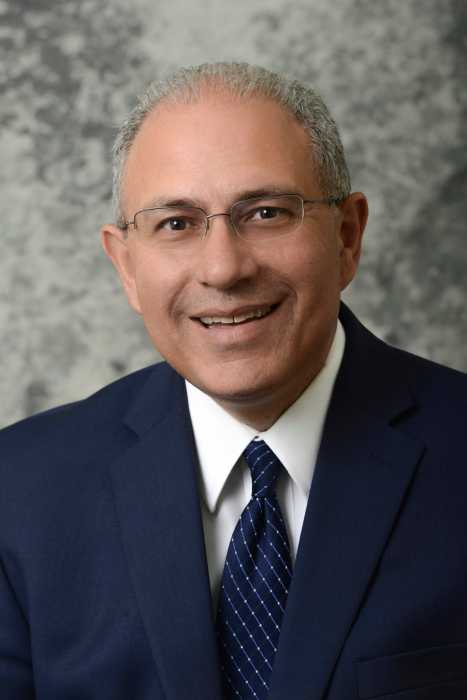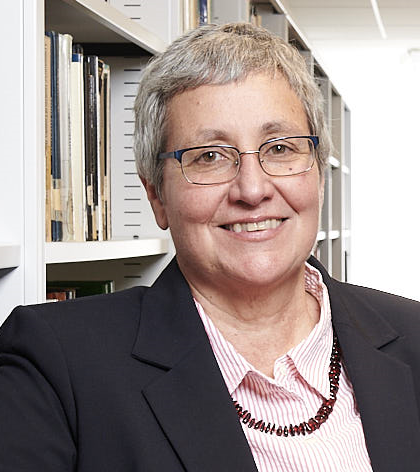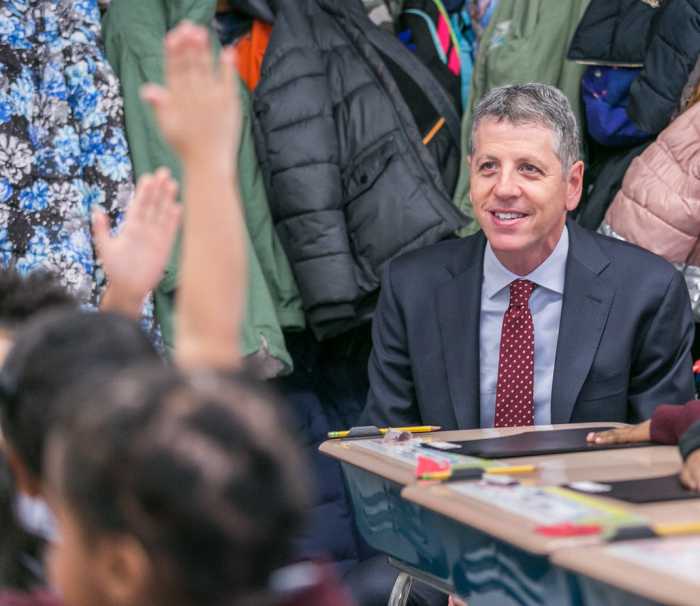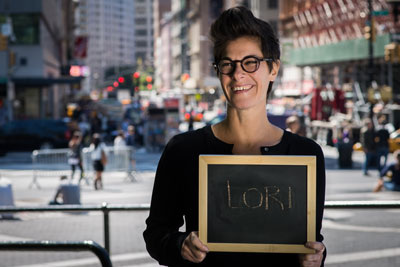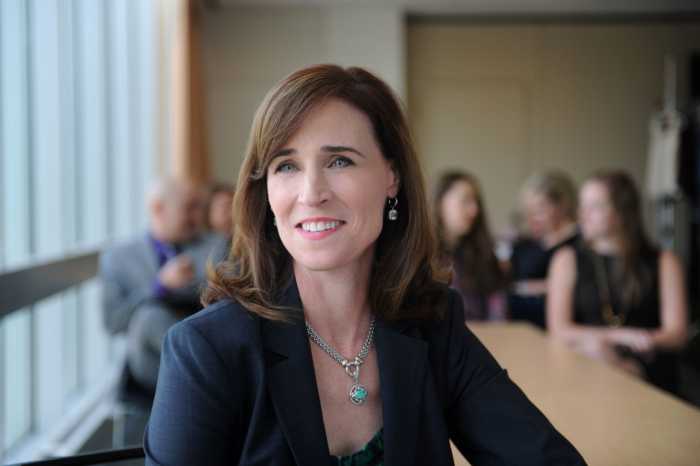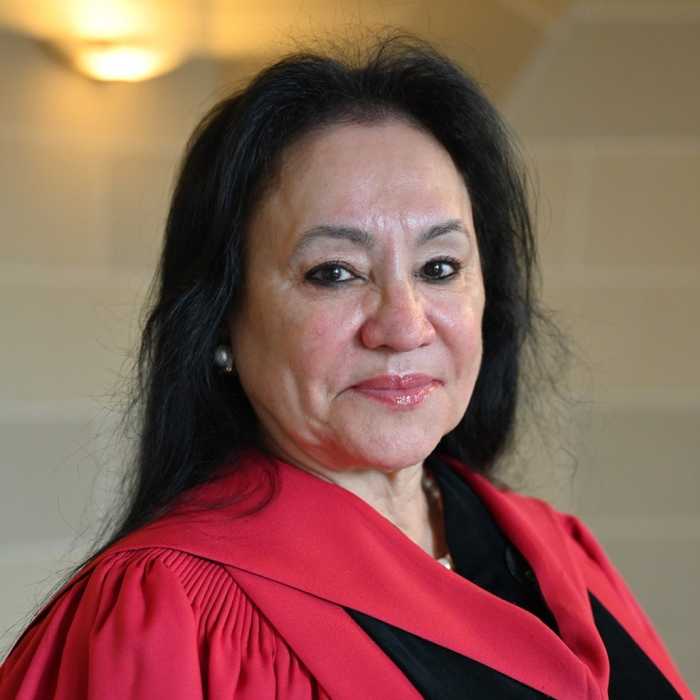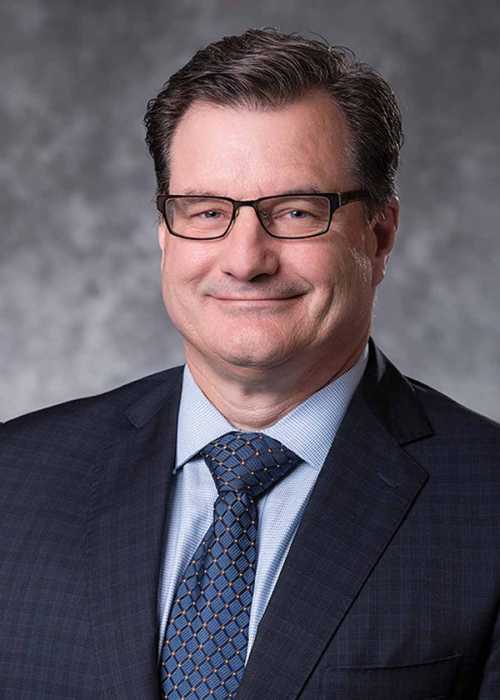Andy Pallotta was elected president of NYSUT in April 2017. A former New York City elementary school teacher, Pallotta oversees NYSUT’s political, legislative and organizing efforts, which have secured record levels of state school aid, beaten back tax credit and voucher schemes, secured legal protections to preserve public employees’ right to organize, and helped elect pro-public education candidates — including NYSUT members themselves — to positions on their local school boards, in Albany and beyond.
What can New York policymakers do to ensure equitable access to quality education?
The state has stepped up to deliver full funding of Foundation Aid and record increases in education aid the past couple years. We need districts to put that money toward expanding mental health supports, hiring adequate staff, and lowering class size to ensure every student has access to the same high-quality academic and social-emotional learning opportunities.
What conditions or resources are conducive to a safe and effective learning environment?
This is no place for a this-or-that approach. We need the right levels of staff in place. We need the right training for that staff. We need districts that are willing to make staff partners in safety work. The best learning environment is the one in which everyone feels respected, has a voice and has the tools to be prepared for whatever comes at them.
Describe a learning experience from your own education that stands out.
In 6th grade, Mr. Yabrow knew how to command a room. There were 32 students, but he had a way about him of getting everyone’s attention and getting us to buy into our own learning experience. That’s such a crucial part of not just teaching material but getting your students to actually soak it in and have fun doing it. I’ve seen many Mr. Yabrow’s since who are just as dedicated to their craft and am awed by the NYSUT members who emulate his style every day.


